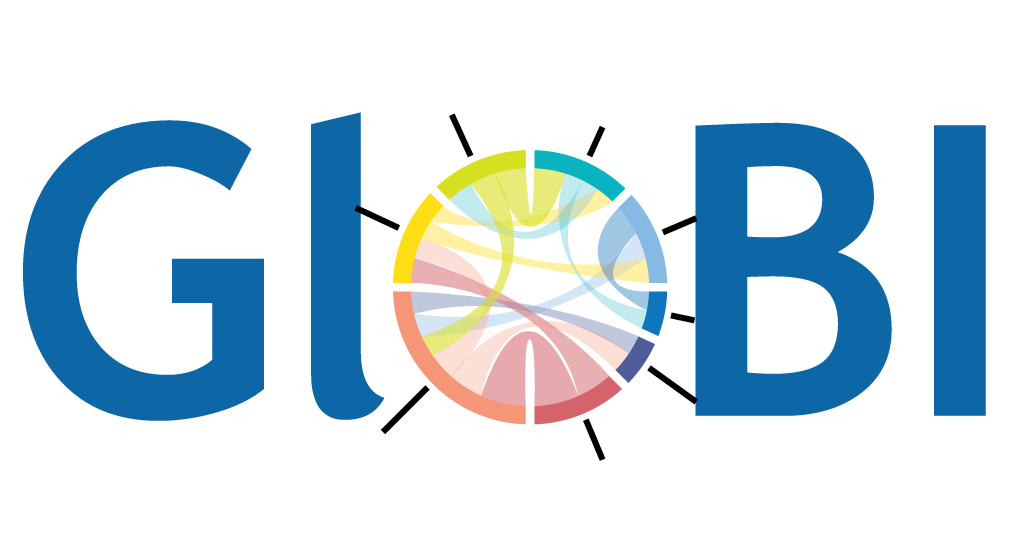You can contribute to Global Biotic Interactions in many different ways: use it, join a discussion, share data, contribute code or donate.
Use it
By using GloBI, you support it’s mission: to help make species interaction datasets more accessible.
Join a Discussion
Ask questions, share ideas and stay informed by reviewing, commenting on, or opening, a github issue.
Share Data
Various methods exist to share existing interaction data through Global Biotic Interactions:
- Take a picture, upload it to iNaturalist.org and identify the interacting species using observation fields. For example see Scott Loarie. 2013. Haemorhous mexicanus eating Heteromeles arbutifolia. iNaturalist.org. Accessed at https://inaturalist.org/observations/432688 on 28 Aug 2014. With a few exceptions, most research-grade iNaturalist interaction data is automatically included in GloBI. For a full list of iNaturalist observation fields GloBI imports, see the iNaturalist to GloBI interaction map . For specific instructions, please see Ken’s how-to-add-an-inaturalist-interaction document
- Have a look at the Dataset Management page, create a discoverable GitHub repository (or use our template dataset repository to get started). Your GloBI-compatible data repository will now be automatically included in GloBI and should appear on the status page within a couple of days. Use GitHub<>Zenodo integration to make your data citable (see next step for more info). GloBI supports many existing interaction data formats, including but not limited to IPT RSS feeds (e.g., Symbiota Collections of Arthropods Network (SCAN)) and DarwinCore Archives (e.g., Illinois Natural History Survey Insect Collection). See all registered datasets and the blog post “Models in Fashion” for more examples.
- Publish your dataset on Zenodo and add your publication to Zenodo’s Global Biotic Interaction community. For more information, see an example data publication.
- Open an issue and provide a (permanent) url to a web-accessible existing interaction dataset along with a data citation. Any structured data format / API will do, and csv/tsv file formats are preferred. Examples include references to openly accessible datapaper (e.g. Raymond et al. 2011, Ferrer-Paris et al. 2014), data hosted in Github (e.g. Hurlbert 2014) or publicly accessible APIs (e.g. iNaturalist). For citations, DOIs are preferred, but any will do as long as they describe the source of the data. If you don’t have one already, services like figshare, dryad and Zenodo allow you to get one.
- In case you are publishing a (data) paper that contains species interaction data, cite Poelen et al. 2014. The GloBI citation helps us to easily find your paper and make the published data easy to access.
- In case the data is not (yet) web accessible, please open an issue in which you describe the dataset, and we can have a discussion on how to make the data available through GloBI.
As the automated updates occur on a weekly basis, it may take a week or two for updates or corrections to be available through GloBI and related libraries like rglobi. For more information, see GloBI’s Data Integration Process page or Poelen et al. 2014.
Contribute Code
Improve GloBI by contributing to rglobi, elton, this website or data crunching libraries.
Donate
We would appreciate if you would consider donating time, funds, server space and/or data storage to help make GloBI more useful and resilient? Please contact the main author of the 2014 GloBI paper for details.


